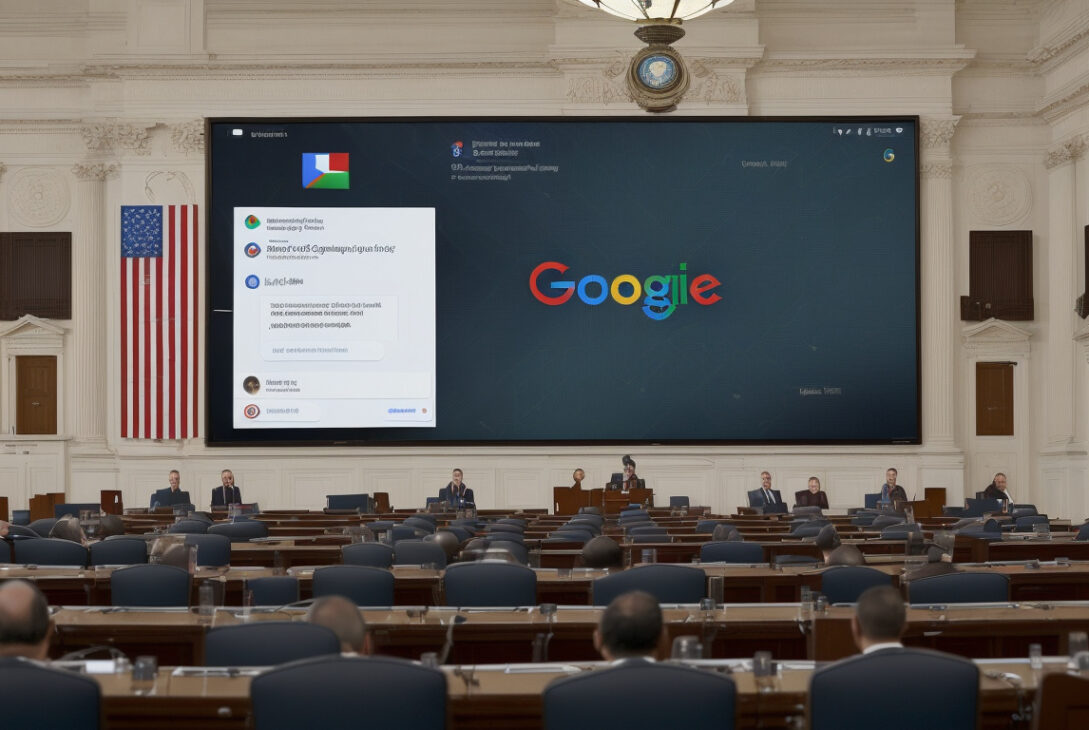U.S. Government Seeks to Break Up Google’s Advertising Technology Monopoly
Washington, D.C., September 22, 2025 — The United States Department of Justice (DOJ) has formally requested a federal judge to order the breakup of Google’s advertising technology business, marking a major chapter in the government’s fight against perceived monopolistic practices in the tech industry. The proceedings, underway in the U.S. District Court for the Eastern District of Virginia, could fundamentally alter the digital advertising landscape and challenge the tech giant’s dominance online.
Judge Rules Google Holds Monopoly Over Ad Tech Tools
Earlier this year, Judge Leonie M. Brinkema ruled that Google unlawfully established a monopoly over critical advertising technology tools used by websites to sell ad space. In her April decision, Judge Brinkema concluded that Google controlled not only the software publishers rely on to sell advertising inventory but also the ad exchange platforms that connect buyers and sellers of digital ad space. However, she did not find Google monopolized advertiser tools to the same extent.
On Monday, Judge Brinkema convened a hearing to consider remedies aimed at undoing Google’s market dominance. The government advocated for “structural divestment” — specifically, the forced sale of Google’s key ad exchange software and the opening of the proprietary computer code that manages how publishers auction off advertising slots.
“Nothing short of a structural divestment is sufficient to bring meaningful change,” asserted Julia Tarver Wood, lead attorney for the Justice Department’s Antitrust Division, during opening arguments.
Google Pushes Back Against Breakup Proposal
Google’s legal team, led by Karen Dunn of Dunn Isaacson Rhee, countered that the government’s breakup demands were excessively drastic and risked destabilizing the ad technology ecosystem. The company proposed targeted, incremental reforms including making its ad exchange interoperable with rival technologies and modifying auction rules that give it an advantage.
“These solutions are tailored, as law requires, to technology in the case at hand and the complexity of the ad tech system,” Dunn said, describing the government’s demands as “radical and reckless” — a “swing for the fences.”
Context of the Case and Market Impact
This case represents the most significant antitrust challenge against Google’s expansive digital advertising empire, which controls approximately 87 percent of the U.S. market for publisher ad-selling tools. The government’s 2023 lawsuit alleged that Google leveraged this control to extract greater fees and suppress competition, thus harming publishers, advertisers, and consumers.
The DOJ’s case focuses on three main segments of Google’s ecosystem: publisher ad hosting tools, advertiser bidding software, and the ad exchange that connects the two. Judge Brinkema’s ruling found Google violated antitrust laws regarding the publisher tools and ad exchange, but not advertiser tools.
If the judge grants the government’s request, it would compel Google to divest its ad exchange—a move that experts say would significantly disrupt the company’s hold on digital advertising.
Broader Antitrust Landscape
The hearings come on the heels of other major antitrust cases against technology giants. Earlier this month, Google narrowly avoided breakup in a separate suit related to its search engine monopoly, where the court ordered Google to share search results with rivals instead of divesting assets like the Chrome browser.
Legal analysts suggest Judge Brinkema’s forthcoming decision could be more aggressive, as the stakes are high for reining in tech conglomerates. “She has the opportunity to do more,” said Bill Kovacic, former Federal Trade Commission chair.
The government is also pursuing cases against Meta for its acquisitions of Instagram and WhatsApp, as well as antitrust investigations into Amazon and Apple. Together, these cases will shape how competition law governs digital commerce and communications in the coming years.
Industry Voices Advocate for Change
During the hearing, witnesses from competing companies and publishing groups underscored the need for structural remedies to restore competition. Andrew Casale, president of rival ad exchange Index Exchange, testified that Google’s proposed data-sharing plans were insufficient.
Grant Whitmore, Vice President of Ad Tech for the media company Advance Local, said breaking up Google’s advertising technology supply chain would “offer the ability to get to a more level playing field.”
Next Steps
Judge Brinkema’s order on remedies is anticipated within the next few months. The ongoing trial, scheduled to last several weeks, will continue to hear detailed arguments and testimony from both sides.
The outcome will be watched closely as a bellwether for government efforts to challenge the market power of dominant tech platforms, signaling the direction of antitrust enforcement in the digital age.
Reporters David McCabe and Cecilia Kang cover legal and regulatory issues in technology for The New York Times. This article appears in print in Section B, Page 5 of the New York edition.










